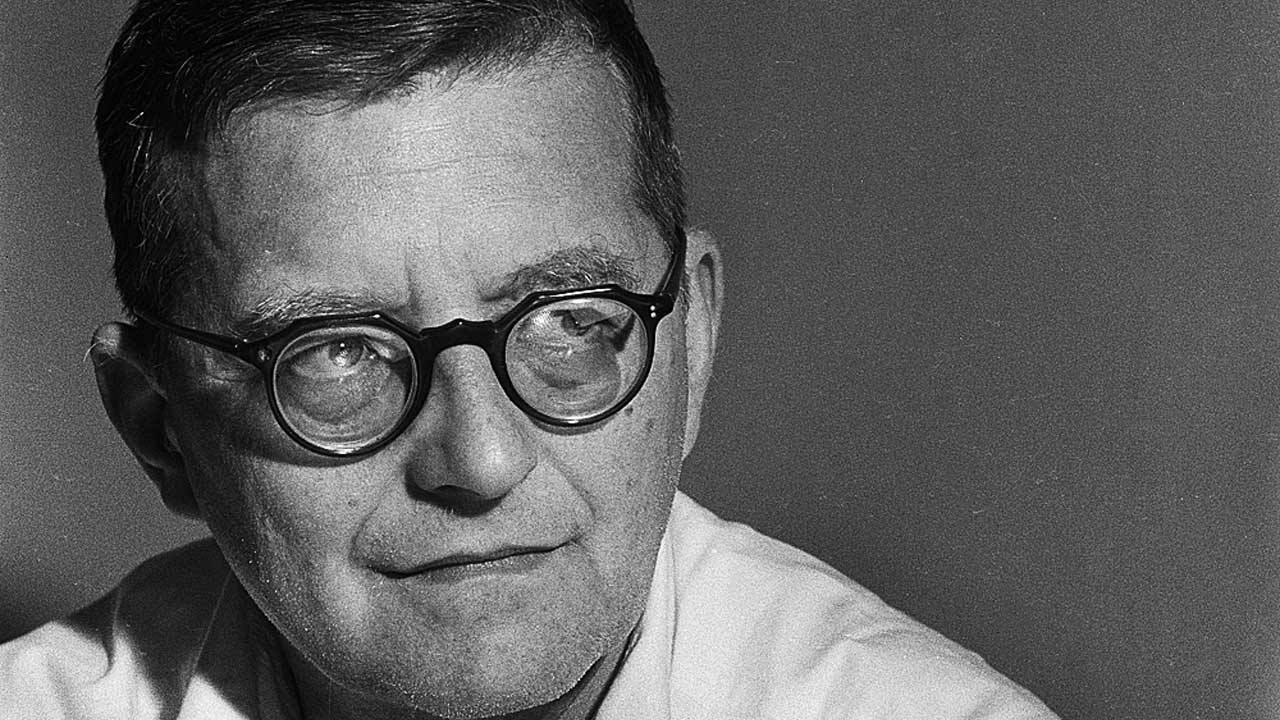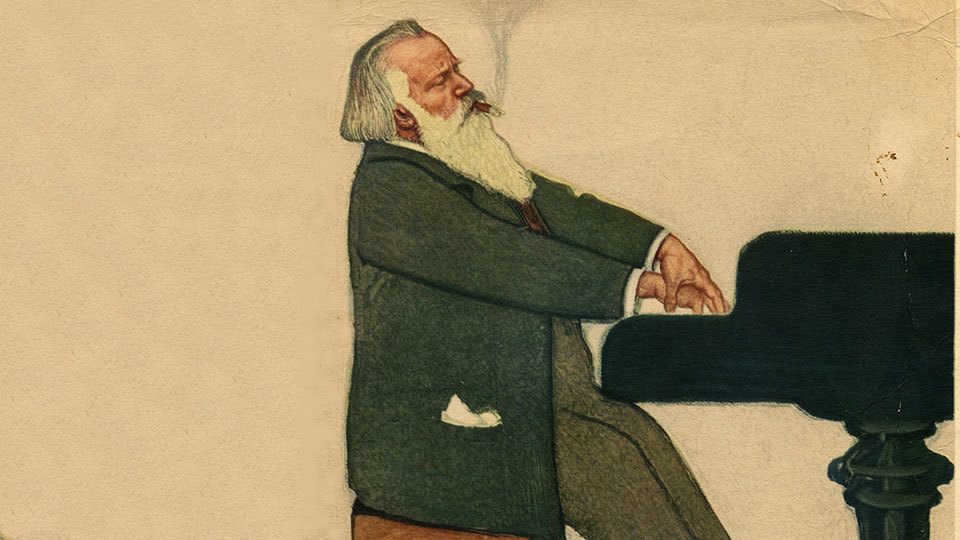Barber’s “Summer Music” for Wind Quintet: A Soundtrack for Languid Days
With the title, Summer Music, Samuel Barber did not have anything specifically programmatic in mind. Instead, the single movement piece for wind quintet conveys a general atmosphere. Barber said, “It’s supposed to be evocative of summer—summer meaning languid, not killing mosquitoes.” Indeed, the lazy opening moments of Summer Music are enveloped in haze and humidity. Fleeting blues strains combine with primal echoes of Stravinsky’s The Rite of Spring. As the piece continues, the musical conversation among …







